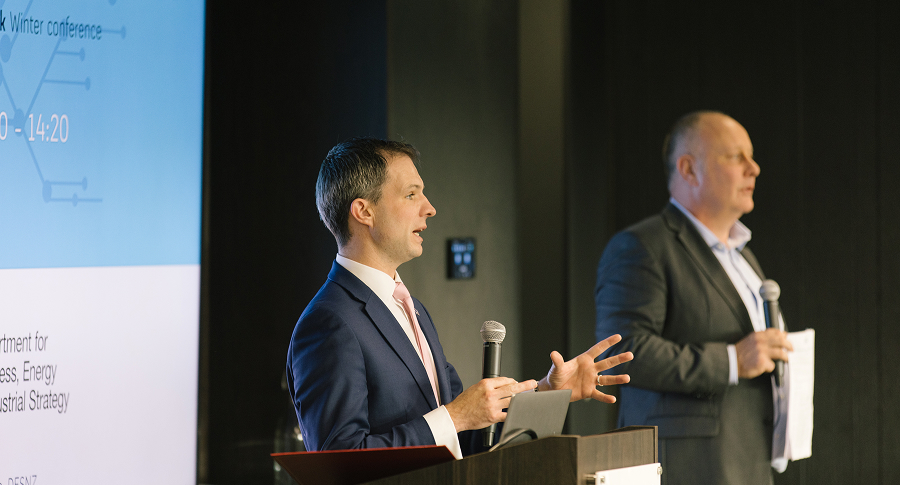As part of the Energy Security and Net Zero Committee's inquiry into the cost of energy, Regen has submitted evidence on the policy and regulatory interventions that could reduce consumer energy costs in the near term.

As part of the Energy Security and Net Zero Committee's inquiry into the cost of energy, Regen has submitted evidence on the policy and regulatory interventions that could reduce consumer energy costs in the near term.

The most effective way to insulate consumer bills from the impact of volatile international gas prices is by decarbonising our energy system, reducing our reliance on international gas. Broadly, decarbonising our energy system should also bring down bills in the long term, with most consumers experiencing higher short-term costs due to investment in the network, followed by a decrease in long-term running costs as they experience the benefits of a secure, decarbonised energy system.
Although we expect the real benefits of low carbon, domestically produced energy to be realised over time, there are opportunities to mitigate the cost burden of the transition on consumers in the short term. Policymakers must explore policy or regulatory interventions that could reduce consumer energy costs in the near term. Regen has identified ten policy or regulatory interventions that could support this.
The government's current focus on a blanket energy bill reduction of £300 for all consumers is too simplistic. As well as being difficult to define and measure, it represents a political risk if it is not realised, given the complexities of how different consumers currently interact with the energy system and markets. Not all consumers will realise the benefits of a decarbonised energy system in the same way and within the same time period.
This highlights the need for more granular, detailed consumer archetypes and bill scenario forecasting to better understand how different groups may be affected by the various changes which could reduce bills. These insights could then underpin a better methodology for assessing the impact of bill reduction initiatives, facilitating a move away from blanket bill reductions towards a more targeted approach that supports consumers who are currently least able to benefit from the energy transition.
Regen has also suggested the government should shift their rhetoric around energy bill reductions to focus on cross vector energy use and the function energy serves, including mobility, heat, commercial and home energy use. This would create a more compelling story about the cost savings to be gained from transitioning to a decarbonised energy system.
Finally, any review of sharing the cost of decarbonising the grid should ensure that these costs are both transparent and fair and do not exacerbate existing inequalities. In particular, the government and Ofgem should explore retail market reform, including implementing a social tariff, and the cost regime for ‘use of system’ charges, including the extent to which costs should be recovered from consumers today versus consumers of the future, introducing a locational element to network charges or making them dynamic, and the balance between domestic consumers and commercial and industrial users.
Sign up to receive our monthly newsletter containing industry insights, our latest research and upcoming events.